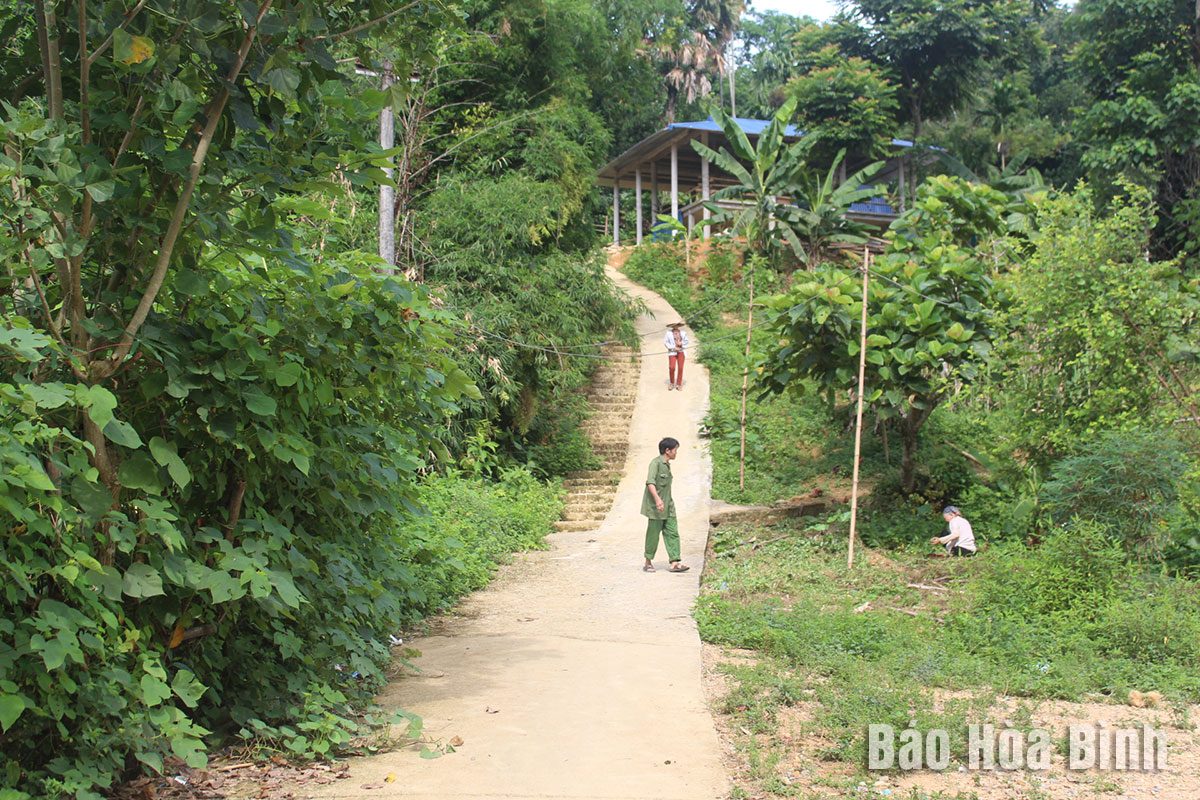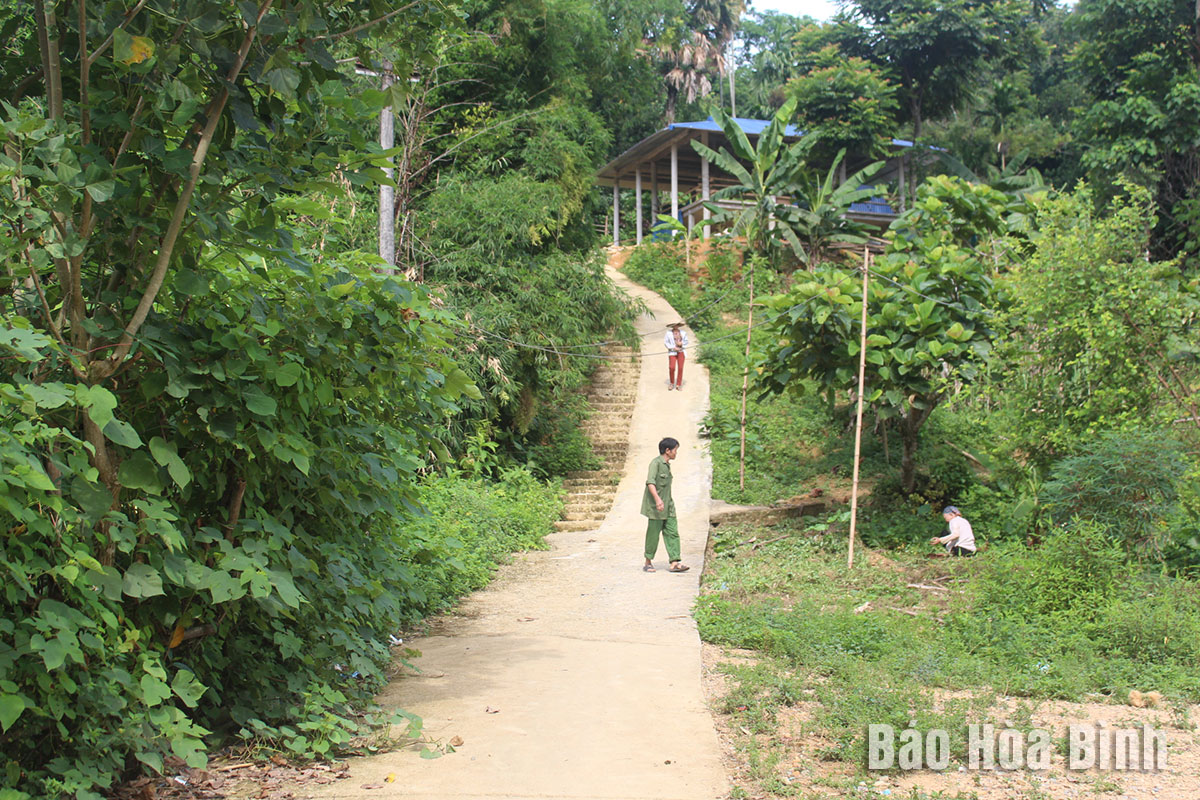
The implementation of the National Target Programme for Socio-Economic Development of Ethnic Minority and Mountainous Areas (2021 - 2025) during two and a half past years has met the expectations of ethnic minorities in the locality, giving a facelift to ethnic and mountainous areas.
The
implementation of national target programmes is expected to help Vay Nua
commune (Da Bac) escape poverty.
Despite many difficulties in the implementation, the programme has reaped
certain achievements, thanks to efforts and close coordination of departments,
agencies and localities in the province.
Many essential projects have been built and many effective socio-economic
development models and projects have been implemented. Refresher courses have
been opened to help improve the capacity of local officials at all levels,
along with the organisation of vocational classes for local residents,
contributing to improving the living conditions of the people and enhancing
ethnic minorities’ trust in the Party’s leadership.
As the year 2024 is considered to hold significance to the completion of the
five-year plan, the provincial People's Committee determined that it is
necessary to take drastic solutions which must be synchronous and suitable for
the capabilities of sectors and localities, taking into account the capacity of
mobilising and effectively using resources towards creating strong and
substantive changes in socio-economic development.
The national target programme has set targets
for 2025 including doubling the average income of ethnic minorities compared to
that of 2020, reducing the rate of poor households among ethnic minorities by
2.5-3% each year, and helping 50% of communes on the list of extremely
disadvantaged ones escape poverty.
All communes will have concretised roads to
the commune centre and 100% of makeshift and dilapidated houses will be eliminated
by that year.
To realise those goals, departments, agencies and People's Committees of
districts and cities are required to seriously carry out tasks assigned by the
provincial People's Committee and its chairman.
They should enhance coordination to promptly remove difficulties and obstacles
in the implementation of projects and components of the national target
programme assigned to the province in 2022, 2023 and the following years.
The provincial Committee for Ethnic Affairs is assigned to coordinate with
relevant agencies and People's Committees of districts and cities to inspect
and guide the implementation of the programme, and report obstacles to the
provincial People's Committee for timely intervention.
Members of the province's Steering Committee for National Target Programmes are
asked to closely monitor the work of districts and cities, focusing on
accelerating the disbursement of allocated capital under
theSocio-Economic Development Programme for Ethnic Minority areas in
2023.
People's Committees of districts and cities are required to concentrate on
effectively carrying out the programme in the remaining months of 2023 and 2024
- 2025.
The provincial People's Committee requested the provincial Fatherland Front
Committee to coordinate with socio-political organisations to promote
communications on the programme and encourage local people, especially those of
ethnic minorities, to uphold solidarity and self-reliance. Attention should be
paid to honouring outstanding models in production, business, and poverty
reduction among ethnic minorities.
It is necessary to strengthen supervision to improve the efficiency of the use
of investment resources and encourage people to take part in the management and
monitoring implementation of the programme.
The emulation movement "Hoa Binh joining hands to build new-style rural areas” has been widely spreading, becoming a driving force that motivates the localities to renew rural landscapes and improve the material and spiritual lives of the residents. In this movement, the people play a central role-both as the main implementers and direct beneficiaries of its outcomes.
In response to the global digital revolution, Hoa Binh Newspaper is transforming itself into a modern and multi-platform media hub, blending cutting-edge technology with a restructured newsroom and a new generation of tech-savvy journalists.
Hoa Binh province’s Association of the Elderly recently held a conference to review the project on expanding the inter-generation self-help club model until 2025.
In a move to implement Resolution No. 57-NQ/TW, issued on December 22, 2024 by the Politburo, which targets breakthroughs in science-technology development, innovation, and digital transformation, the Hoa Binh provincial Department of Health has issued a plan to roll out the "Digital Literacy for All” campaign within the local health sector.
An Nghia Commune (Lạc Sơn District) is one of the communes that achieved the tha standard of the national new rural area in 2018. Entering a new development phase, the commune is now trying to meet the criteria for the advanced new rural development. With the strong political will and the public consensus, the commune is gradually overcoming the challenges to reach this goal, aiming for the sustainable development.



